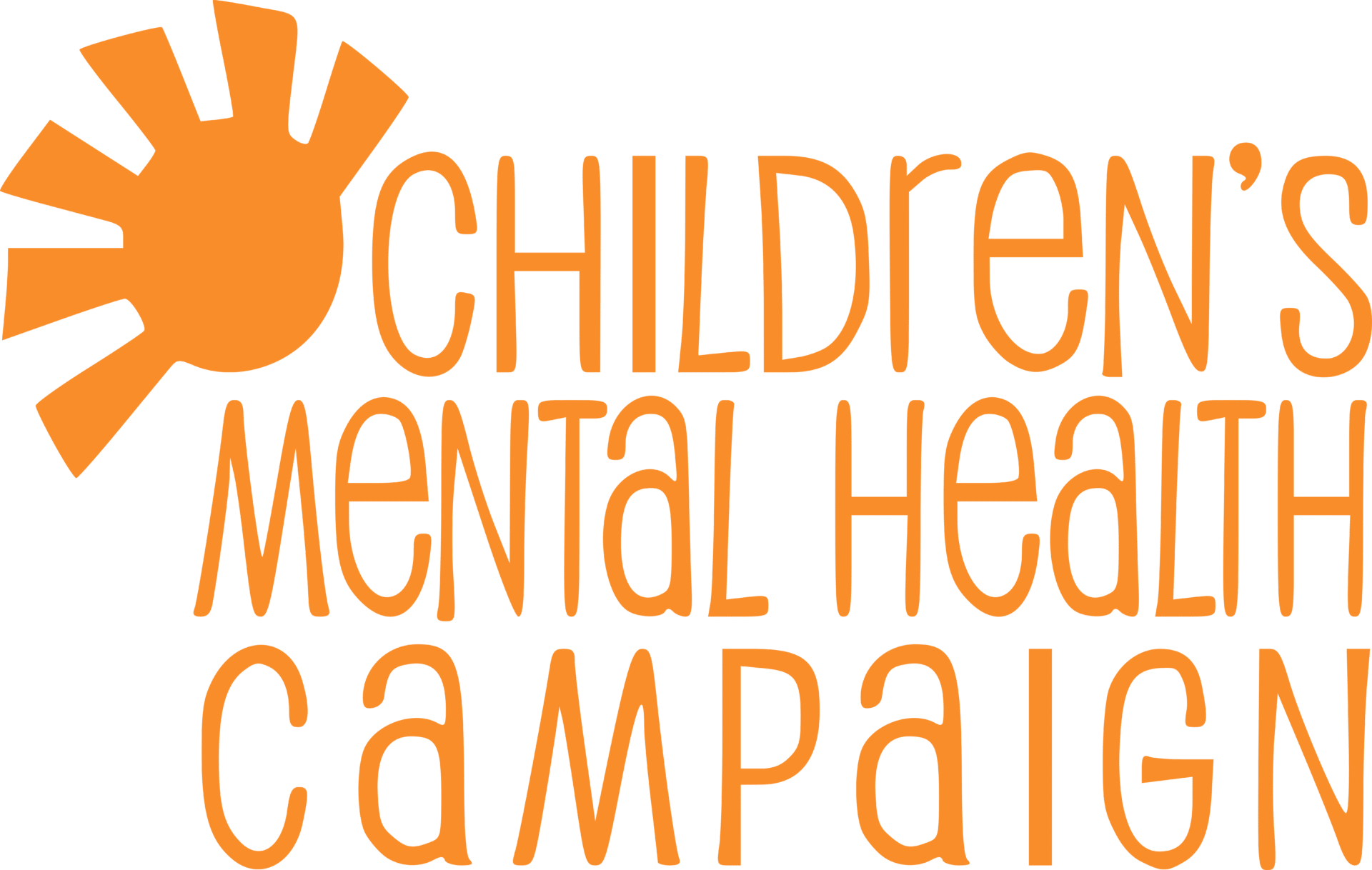FY25 priorities
The Children’s Mental Health Campaign tracks a number of line items within the state budget and strongly supports funding for children’s mental health programming and services. Below are the Campaign’s top priorities in the FY25 budget. For a more comprehensive list of programs and services we track in the state budget, please click here.
Our priorities for FY25!
School-Based Behavioral Health Technical Assistance Center: Earmark in #5042-5000
The statewide school-based behavioral health technical assistance (SBBH TA) center, codified in Chapter 177 of the Acts of 2022, provides technical assistance to school districts and partnering community providers to build and sustain district capacity to meet the social, emotional, and behavioral health needs of students. Over the last two years, the SBBH TA Center has been able to provide free trainings and resources for more than 100 districts in the Commonwealth and more intensive supports to 26 districts. They also co-coordinate a state advisory council and launched targeted supports through a Western Mass hub last year.
The CMHC requests $3.75M in funding (a $2.475M increase) to support ongoing work of the TA Center, including planning and collaboration with community stakeholders; and to launch a statewide presence with the hiring of 5 regional coordinators.
| FY24 GAA | FY25 Ask | FY25 Governor | FY25 House | FY25 Senate | Conference |
| $1,275,000 | $3,750,000 | Not Included |
Sustain Key Investments
Massachusetts Child Psychiatry Access Program: Earmark in DMH Line Item #5042-5000
This crucial workforce extender that expands the capacity of pediatricians, PCPs, and OB/GYNs to meet mild to moderate behavioral health needs in their practice has been level funded for nearly a decade. A $400,000 increase would allow MCPAP to address workforce challenges, support IT infrastructure and upgrades, and to fund research to improve programming.
| FY24 GAA | FY25 Ask | FY25 Governor | FY25 House | FY25 Senate | Conference |
| $3,875,000 | $4,275,000 | Language Only |
Behavioral Health Consultation for Foster Care: Earmark in DMH Line Item #5042-5000
The Foster Child Evaluation Services Clinic at UMass Medical Center has developed an expedited care model allows PCPs in Central MA enrolled in MCPAP to refer a youth who is in foster care for a trauma informed psychiatric consultation, diagnostic face to face evaluation and referral services. This funding would support formalizing and expanding the service to the entire Western/Central MCPAP region and provide a platform to test and develop strategies for statewide implementation.
| FY24 GAA | FY25 Ask | FY25 Governor | FY25 House | FY25 Senate | Conference |
| $350,000 | $350,000 (level funding) | Not Included |
Mental Health Advocacy Program (MHAP) for Kids: Earmark in DCF Line Item #4800-0200
Many children in, or at risk of entering, our juvenile justice system end up there because of unmet mental health needs. HLA’s Mental Health Advocacy Program for Kids (MHAP for Kids) has a proven track record of significantly improving the lives of these children and their families while reducing unnecessary costs for the state. Continued funding will maintain the program across Family Resource Centers in Boston, Brockton, Everett, Fitchburg, Holyoke, Hyannis, Lawrence, Lowell, Lynn, Pittsfield, NewBedford, Quincy, and Worcester.
| FY24 GAA | FY25 Ask | FY25 Governor | FY25 House | FY25 Senate | Conference |
| $3,000,000 | $3,100,000 – $3,300,000 | Not Included |
Behavioral Health Access and Crisis Intervention Trust Fund (non-monetary request)
The FY23 budget established the Behavioral Health Crisis and Intervention Trust Fund, which supports payor agnostic access to the Behavioral Health Helpline and mobile crisis services. The budget includes language authorizing EOHHS to assess a surcharge on payers of healthcare services in acute hospitals and ambulatory surgical centers, as a significant source of funding for the trust. That authorization sunsets in July 2024, leaving a gap in funding to support access to these vital services for individuals, including children, with private insurance.
The Campaign urges the legislature to reauthorize the payor surcharge, ensuring that health plans are contributing their fair share to maintain access to behavioral health crisis supports for the individuals they cover.
| Priority | FY24 Final | FY25 Request | FY25 Governor | FY25 House | FY25 Senate | FY25 Conference |
|---|---|---|---|---|---|---|
| Family Resource Centers (4800-0200) |
$33,800,000 | Level Funding | $27,329,607 | |||
| Emergency Department Diversion (5042-5000) |
$6,000,000 | Level Funding | $6,000,000 | |||
| bryt (4000-0054) |
$10,000,000 | No Resources Needed | ||||
| School Behavioral Health Consultation (5042-5000) |
$500,000 | $500,000 | No earmark, adequate resources | |||
| Early Childhood Mental Health Consultation (3000-6075) |
$5,000,000 | Level Funding | $5,000,000 | |||
| DMH Child & Adolescent Mental Health Services (5042-5000) |
$120,604,949 | Level Funding | $130,540,885 | |||
| Children’s Behavioral Health Initiative (CBHI) (4000-0950) |
$315,282,721 | Level Funding | $315,282,721 |
* bryt was allocated $10 in ARPA funds in the FY24 budget. As such, the program is sufficiently funded and there is no need for additional resources in the FY25 budget.
Learn more about the Massachusetts budget process.
Subscribe to the CMHC Action Alerts below to stay up to date on our budget advocacy efforts!
